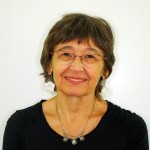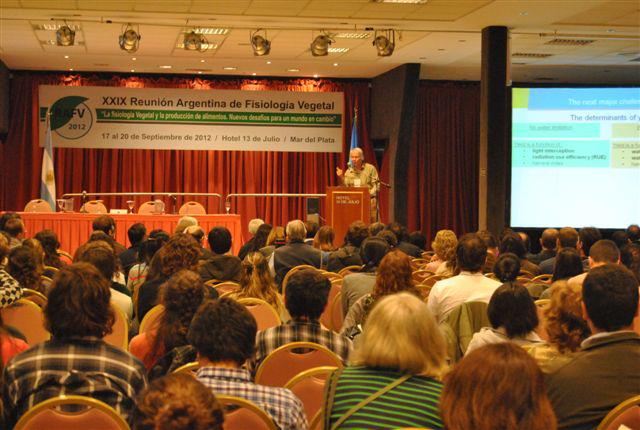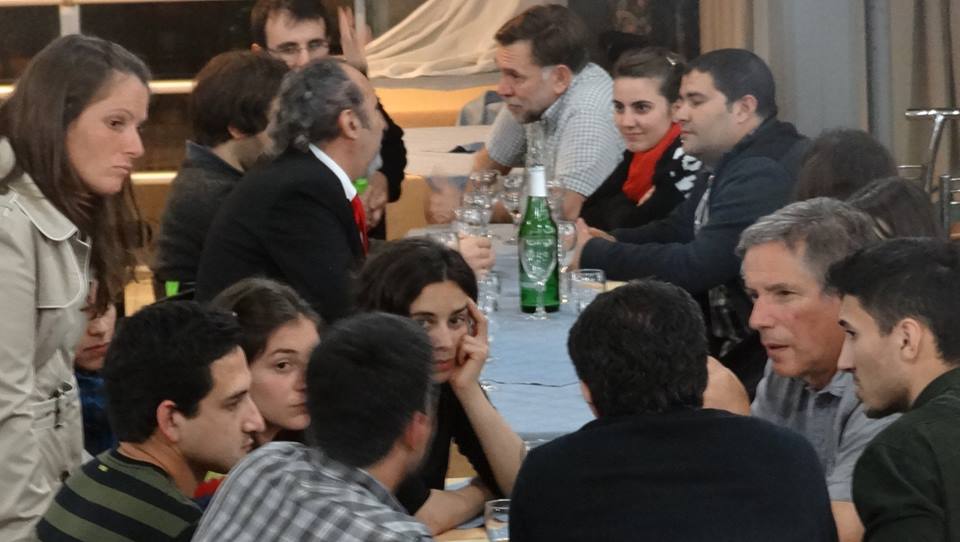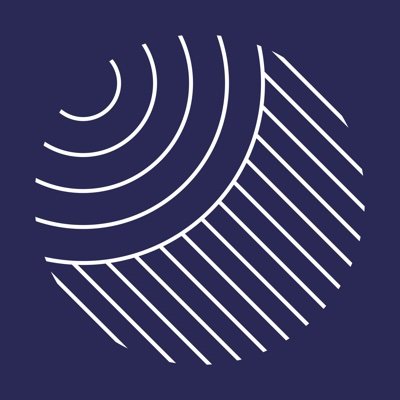This week Professor Edith Taleisnik describes the vision and activities of the Argentinean Society of Plant Physiology (SAFV), a Member Organization of the Global Plant Council dedicated to promoting collaboration in plant science within Argentina, across Latin America and beyond.
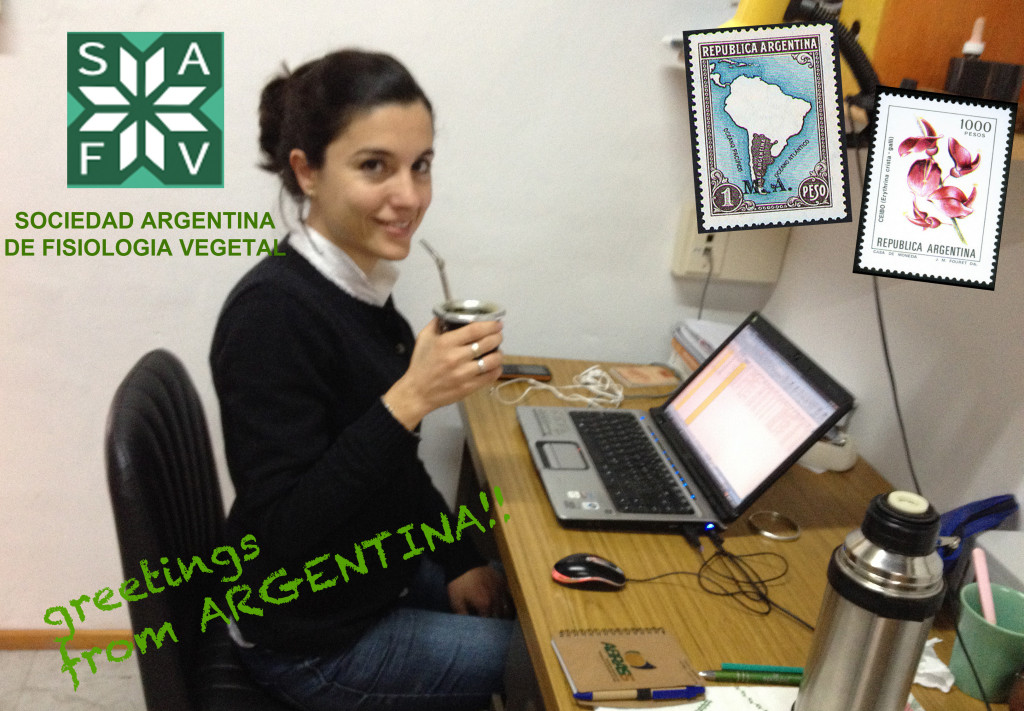
SAFV member Dr Constanza Carrera drinks mate, an infusion made from leaves of Ilex paraguariensis, which is very popular in Argentina, Uruguay and southern Brazil.
The Argentinean Society of Plant Physiology (Sociedad Argentina de Fisiologia Vegetal; SAFV) was founded in 1958 to nucleate researchers and teachers in plant physiology in Argentina. Since then the SAFV has maintained continuous activity in the country and the region, providing opportunities for the dissemination and exchange of information related to plant function. It has about 350 members, mostly from Argentina and also from neighboring Uruguay. The SAFV is linked with the Global Plant Council and many other important international plant science organizations.
Exchanging ideas in Argentina and beyond
One of the main objectives of the society is to organize meetings, which are held every two years. The last one was held in Mar del Plata, and was attended by nearly 600 people. The SAFV has close ties with the Brazilian Society of Plant Physiology (BSPP), so every other SAFV meeting is a joint Latin American event in association with the BSPP. These meetings provide a unique opportunity for scientists in the area to meet, analyze and exchange views on the future of this field, to plan for joint efforts and enterprises, to share personal experiences and contribute to a regional and global perspective of local endeavors.
The participation of students and young scientists in SAFV meetings is stimulated by invitations to deliver lectures and organize symposia, and by making available fellowships that cover travel and registration costs. In accordance with its mandate to promote and diffuse knowledge in plant science, the SAFV also organizes and sponsors courses and workshops.
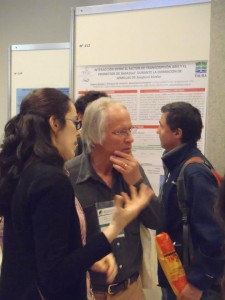 Plant science, and plant physiology in particular, has experienced steady growth and development in Argentina, reflecting the importance of agriculture in its broadest sense; pastures and forests for the Argentine economy. Established groups all over the country produce novel data on various aspects of plant function and interaction with other organisms and the environment, which is particularly relevant to local and global crop production. The wide range of this work is reflected in the proceedings of the last plant physiology meeting.
Plant science, and plant physiology in particular, has experienced steady growth and development in Argentina, reflecting the importance of agriculture in its broadest sense; pastures and forests for the Argentine economy. Established groups all over the country produce novel data on various aspects of plant function and interaction with other organisms and the environment, which is particularly relevant to local and global crop production. The wide range of this work is reflected in the proceedings of the last plant physiology meeting.
Other Argentinian plant science societies
There are several other plant science societies in Argentina. Scientists working on botanical and morphological topics are affiliated to the Sociedad Argentina de Botánica (SAB). The focus of the members of the Asociación Argentina de Ecología (AsAE) is centered in environmental topics. A more recently formed society, the Asociación Argentina de Fitopatólgos (AAF), is dedicated to plant pathology, while the Sociedad Argentina de Investigación Bioquímica y Biología Molecular (SAIB) features a section specifically devoted to plant biochemistry and molecular biology. All of these societies hold periodical meetings, stimulate the work of young scientists through incentives and prizes, and publish journals (e.g. Ecología Austral) and books.
Get in touch
If you’d like to know more about the work of the SAFV, or how you can get involved with the society, have a look at their website, or get in touch via Facebook or Twitter (@fisiovegetal).
About the author
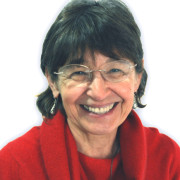 Professor Edith Taleisnik researches the physiology of plants under saline stress for the Argentinean National Scientific and Technical Research Council (CONICET), and is based at the Instituto de Fisiologia y Recursos Geneticos Vegetales (IFRGV) CIAP, INTA, Argentina. Edith was the president of the SAFV from 2000 to 2004, and is now a member of the scientific committee.
Professor Edith Taleisnik researches the physiology of plants under saline stress for the Argentinean National Scientific and Technical Research Council (CONICET), and is based at the Instituto de Fisiologia y Recursos Geneticos Vegetales (IFRGV) CIAP, INTA, Argentina. Edith was the president of the SAFV from 2000 to 2004, and is now a member of the scientific committee.


